
PERSPECTIVES ON SAFETY
This piece describes cultural competence in the context of patient safety and highlights several approaches and projects that may help to improve cultural competence.
PERSPECTIVES ON SAFETY
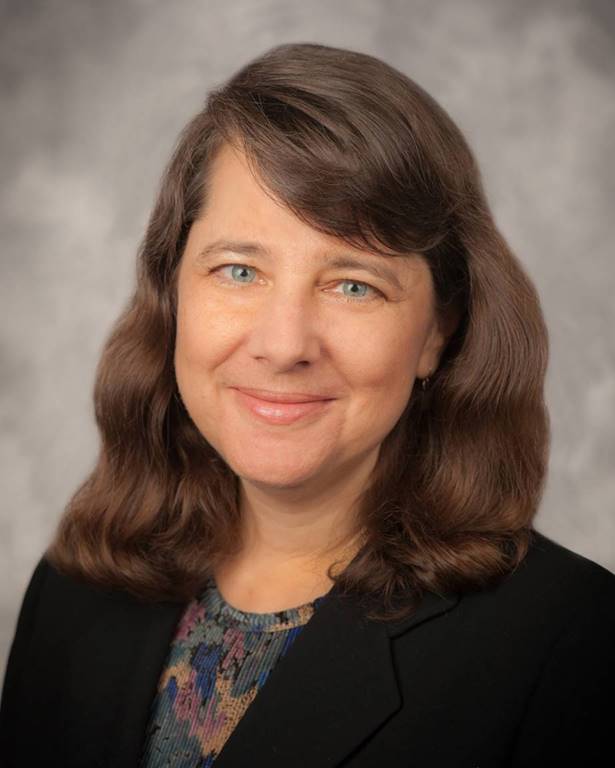
Editor’s note: Cindy Brach, MPP is a Senior Healthcare Researcher at the Agency for Healthcare Research and Quality and is the Co-Chair of the HHS Health Literacy Workgroup. We spoke with her about the role of cultural competence in patient safety.
Ms. Brach has no conflict of interest to disclose.
PERSPECTIVES ON SAFETY
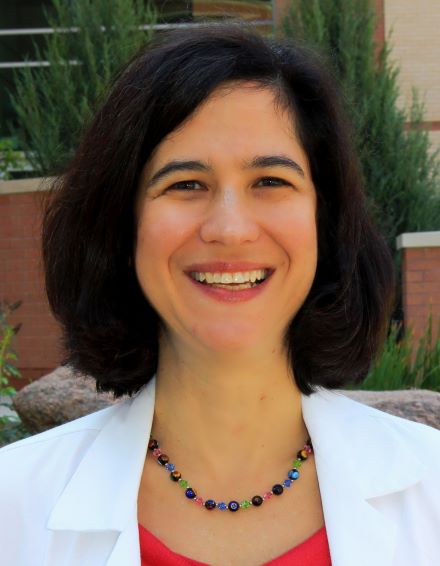
Dr. Wald, MD, MSPH, is the Chief Quality and Safety Officer at SCL Health in Denver, CO. She has previously served as a physician advisor for the Colorado Hospital Association and as a Quality Committee Chair for the American Geriatrics Society. We spoke with her about patient safety concerns when caring for frail older patients.
PERSPECTIVES ON SAFETY
This piece describes patient safety risks when caring for frail older patients and summarizes potential approaches for clinicians to minimize this risk.
PERSPECTIVES ON SAFETY
Neonatal and Maternal Safety
This piece describes a collaborative, interdisciplinary team approach with a flat hierarchy used at Intermountain Healthcare's Dixie Regional Medical Center that led to substantial reduction of key neonatal morbidities and costs of care.
PERSPECTIVES ON SAFETY
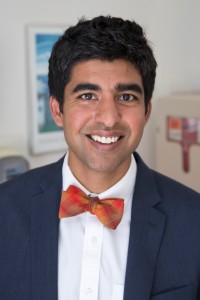
Neonatal and Maternal Safety
Dr. Shah is an Assistant Professor of Obstetrics, Gynecology and Reproductive Biology at Harvard Medical School and Director of the Delivery Decisions Initiative at Harvard's Ariadne Labs. He is also the founder of the organization Costs of Care. We spoke with him about patient safety in obstetrics, maternal mortality, the importance of dignity, and the overuse of cesarean deliveries.
PERSPECTIVES ON SAFETY
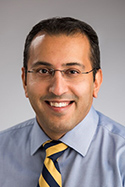
Safety Issues in Infectious Diseases
Dr. Chopra is Chief of the Division of Hospital Medicine and Associate Professor of Medicine at the University of Michigan Medical School. His research focuses on improving the safety of hospitalized patients by preventing hospital-acquired complications—particularly those associated with peripherally inserted central catheters.
PERSPECTIVES ON SAFETY
This piece explores the evolution of PSNet and WebM&M since their inception (WebM&M in 2003 and PSNet in 2005) and summarizes changes in the patient safety landscape over time.
INTERVIEW
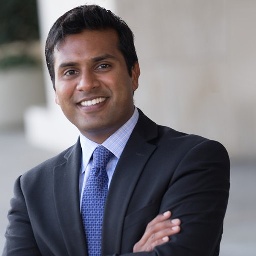
Dr. Agrawal is president and CEO of the National Quality Forum (NQF). We spoke with him about the National Quality Forum, including its role in quality measurement, patient safety, and improvement.
PERSPECTIVE
Safety of Medical Scribes
This piece explores the role medical scribes play in health care, how to implement and evaluate a scribe program, and recommendations to reduce variations in scribe practice.
INTERVIEW
Safety of Medical Scribes
Dr. Smith is Chief Faculty Practices Officer for UCSF Health and a family medicine physician. Over the past 3–4 years, the health system has implemented a robust program using medical scribes in the outpatient setting. We spoke with her about her experience implementing this program, including the benefits and some of the potential patient safety ramifications.
PERSPECTIVE
Emerging Safety Issues in Artificial Intelligence
This piece explores various practical and philosophical issues that could shape the adoption of machine learning and artificial intelligence systems in medicine.
INTERVIEW
Emerging Safety Issues in Artificial Intelligence
Dr. Saria is the John C. Malone Assistant Professor of computer science, statistics, and health policy at Johns Hopkins University. Her research focuses on developing next generation diagnostic, surveillance, and treatment planning tools to reduce adverse events and individualize health care for complex diseases. We spoke with her about artificial intelligence in health care.
PERSPECTIVE
Resilience Engineering and Patient Safety
This piece explores the key role of emergency medical services in providing care to patients at their moment of greatest need, safety hazards in this field, and opportunities for improvement.
INTERVIEW
Resilience Engineering and Patient Safety
Dr. Hollnagel is Senior Professor of Patient Safety at the University of Jönköping (Sweden) as well as Visiting Professorial Fellow at Macquarie University in Sydney (Australia). We spoke with him about his work studying safety in health care and the differences between designing safety improvements in health care versus other industries.
PERSPECTIVE
Safety in Emergency Medical Systems
This piece explores the key role of emergency medical services in providing care to patients at their moment of greatest need, safety hazards in this field, and opportunities for improvement.
INTERVIEW
Safety in Emergency Medical Systems
Dr. Brice is Professor and Chair of the Department of Emergency Medicine at the University of North Carolina. She also serves as the Program Director for the Emergency Medical Services (EMS) Fellowship and was past-president of the National Association of EMS Physicians. We spoke with her about her experience working in emergency medical systems and safety concerns particular to this field.
INTERVIEW
New Insights Into Apology and Disclosure Programs
Dr. Schulz Moore is the Director of Learning and Teaching at the University of New South Wales Faculty of Law and an Associate with the University of New South Wales School of Public Health and Community Medicine. Her research in health law draws from her unique training in public health, law, and health social sciences. We spoke with her about disclosure and apology in health care as well as the intersection between health and legal systems in Australia, New Zealand, and the United States.
INTERVIEW
New Insights Into Apology and Disclosure Programs
Dr. McDonald is President of the Center for Open and Honest Communication at the MedStar Institute for Quality and Safety, and Adjunct Professor of Law at Loyola University-Chicago School of Law and the Beazley Institute for Health Law and Policy. An internationally recognized patient safety expert, he served as a lead architect for the Communication and Optimal Resolution (CANDOR) toolkit, supported by AHRQ. We spoke with him about lessons learned over the years regarding event reporting and his insights about building and disseminating communication-and-resolution programs.
PERSPECTIVE
Health System Consolidation and Patient Safety
This piece outlines how large integrated health care systems can implement effective patient safety programs and spotlights the importance of leadership engagement and a just culture.































No hay comentarios:
Publicar un comentario